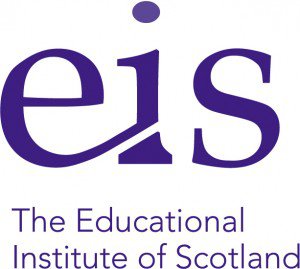
Teachers could strike over changes to higher education and heavy workloads.
EIS members will be balloted at their Annual General Meeting this week about taking industrial action. A large number of motions at the AGM centre on excessive workload - such as the impact of class sizes; concerns over too many assessments and the introduction of new qualifications; the need for local and school-based agreements on working time and the impact of reductions in teacher numbers and the national shortage of supply teachers as well as the implications of austerity and lack of resources; the stress and ill-health of teachers.
Last week a survey of teachers found they were working 11 extra hours a week unpaid - which they claim is because of unit assessments as part of the new curriculum for excellence.
'Huge Issue'
Commenting, the union's general secretary Larry Flanagan said: “Despite the fine words of politicians on the need to support schools and teachers, the evidence from both the recent EIS workload survey - which highlighted an average teacher working week of 46.5 hours - and the range of Motions to this year’s AGM indicate that excessive workload remains a huge issue for teachers and, therefore, for our schools and our pupils.
"The signal that teachers are sending out is that enough is enough, and that these issues must be tackled to reduce the workload burden. Teachers are always extremely reluctant to take industrial action, so it is significant that there are a number of Motions calling for some form of industrial action over workload to be debated at the AGM this year, including calls or a boycott of some of the internal assessments currently demanded by the SQA.
"The message to the Scottish Government, to local authorities and national education bodies could not be clearer – you must take action, now, to lighten the load on our schools and our teachers.”


 10°C
10°C
 10°C
10°C
 9°C
9°C